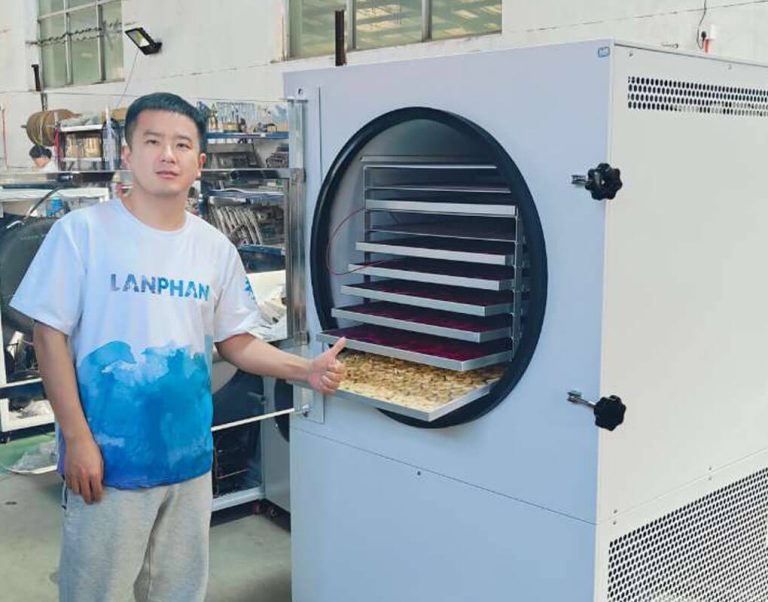What are the Disadvantages of Freeze-Drying? Unveiling the Drawbacks
When we think of freeze-drying, images of astronaut ice cream or perfectly preserved fruits might come to mind. It’s true, freeze-drying has its benefits, but like any process, it also has its drawbacks. What are the disadvantages of freeze-drying? Let’s explore the less glamorous side of this preservation method.
Understanding Freeze-Drying
Before delving into its disadvantages, let’s quickly recap what freeze-drying entails. Freeze-drying, also known as lyophilization, is a process that involves freezing a substance and then removing the ice by sublimation, leaving behind a dried product. This method is commonly used to preserve perishable goods such as food, pharmaceuticals, and biological samples.
Disadvantages of Freeze-Drying
1. Cost-Intensive Process
Freeze-drying is an expensive process compared to other preservation methods. The equipment required, including freeze dryers and vacuum pumps, is costly to purchase and maintain. Additionally, the energy consumption during freeze-drying is significant, adding to the overall expense.
2. Time-Consuming
The freeze-drying process is time-consuming. It typically involves multiple steps, including freezing, primary drying, and secondary drying, each of which can take hours to complete. This extended processing time makes freeze-drying impractical for situations where rapid preservation is required.
3. Complex Operation
Operating a freeze dryer requires expertise and precision. Controlling temperature, pressure, and moisture levels throughout the process is crucial to achieve optimal results. Any deviations from the specified parameters can compromise the quality of the final product.
4. Limited Capacity
Freeze dryers have a limited capacity, restricting the quantity of material that can be processed at once. Large-scale production requires multiple freeze dryers or continuous processing systems, further increasing costs and complexity.
5. Product Alteration
While freeze-drying preserves the structure and nutrients of the original material better than other methods, it can still lead to some product alteration. Factors such as temperature fluctuations and prolonged exposure to oxygen during the process can cause changes in texture, flavor, and color.
6. Vulnerability to Contamination
During the drying process, freeze-dried products are vulnerable to contamination if proper hygiene and sanitation practices are not followed. Any microbial growth or foreign particles present in the material can compromise the quality and safety of the final product.
7. Shelf-Life Concerns
While freeze-dried products generally have a longer shelf life compared to fresh or conventionally dried products, they are not immune to deterioration. Factors such as improper storage conditions or exposure to moisture can shorten the shelf life of freeze-dried goods.
Conclusion
While freeze-drying offers numerous benefits, including long-term preservation and retention of quality, it also comes with its share of disadvantages. From the high cost and complexity of operation to concerns about product alteration and contamination, there are several factors to consider when opting for freeze-drying as a preservation method.
Understanding the drawbacks of freeze-drying allows us to make informed decisions about its suitability for specific applications. Despite its limitations, freeze-drying remains a valuable tool in preserving a wide range of products, from food and pharmaceuticals to biological samples and cultural artifacts.
Ready to delve deeper into the world of preservation methods? Explore alternative techniques and discover the pros and cons of each approach. Don’t miss out on unlocking the secrets of effective preservation.

